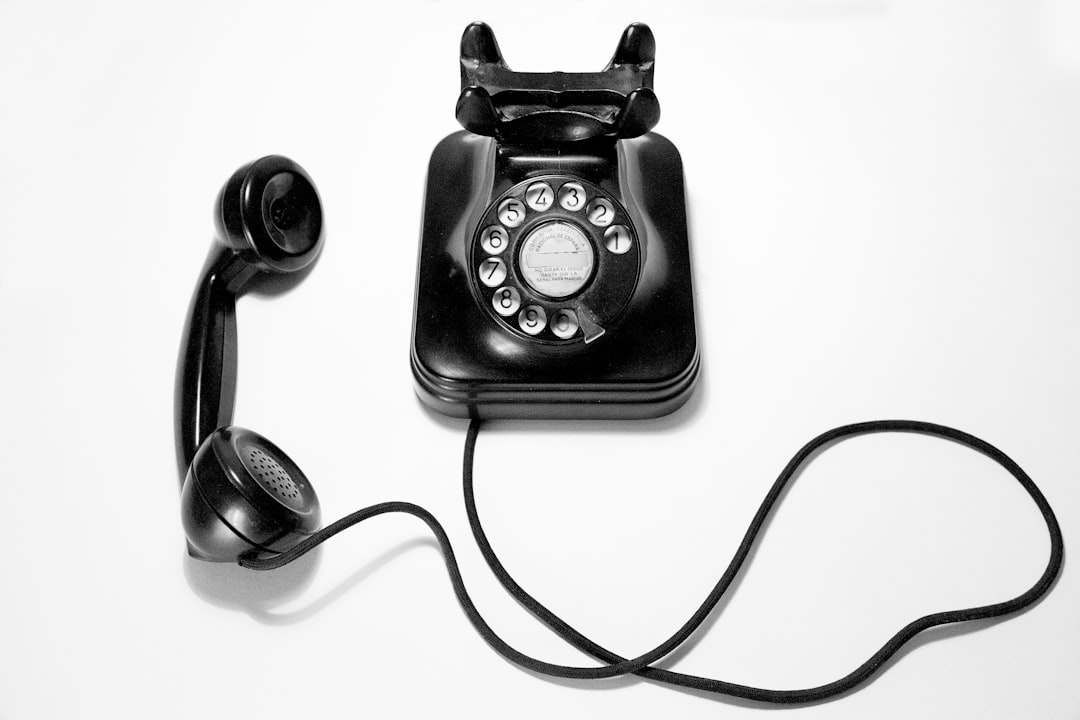Robocalls are a pervasive issue in Massachusetts, driven by marketing and scams. While state laws offer protections, including the right to sue for robocalls, biometric authentication provides an innovative solution. By using unique biological traits, this technology filters out unwanted calls and enhances security. Embracing these measures could reduce fraudulent activities and educate citizens on their rights, such as pursuing legal action through Can I Sue For Robocalls Massachusetts.
In Massachusetts, robocalls have become a pervasive nuisance, impacting residents’ daily lives. This article explores the role of biometric authentication as a technical solution to combat these unwanted calls. We delve into the legal framework surrounding robocalls and sue rights in MA. Additionally, we discuss challenges and benefits of implementing biometric tech, while looking ahead to its potential future in reducing robocalls and enhancing communication security.
Understanding Robocalls and Their Impact in Massachusetts
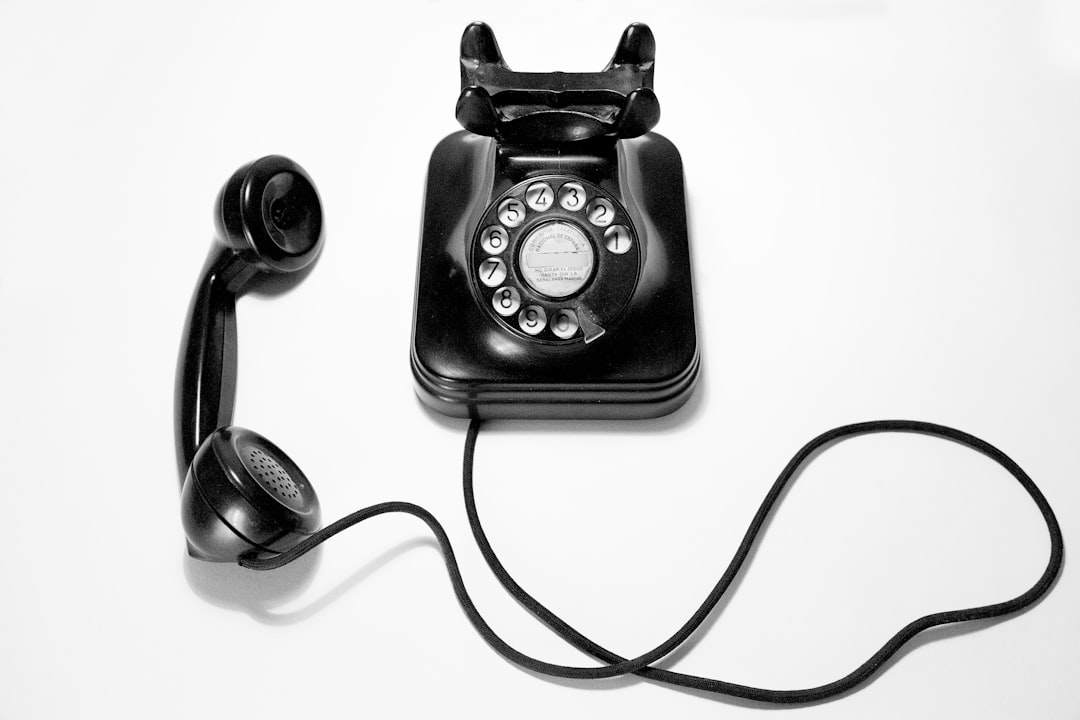
Robocalls, automated phone calls that deliver pre-recorded messages, have become a pervasive issue in Massachusetts and across the nation. While many calls are legitimate marketing efforts, an increasing number fall into the category of unwanted or fraudulent activity, often known as “robocalls.” These calls can range from political messaging to scam artists attempting to steal personal information. The impact is significant; Massachusetts residents often find themselves bombarded with these calls, leading to frustration and a potential breach of privacy.
In response to this growing concern, many people wonder if they have legal recourse when it comes to robocalls. The ability to sue for robocalls in Massachusetts is not an uncommon question, given the state’s strict regulations on telemarketing practices. Understanding one’s rights and options can empower residents to take action against these intrusive calls, potentially holding offenders accountable.
Biometric Authentication: A Technical Solution to Combat Robocalls

Biometric Authentication offers a cutting-edge technical solution to combat robocalls, providing an added layer of protection for Massachusetts residents. Unlike traditional verification methods, this technology utilizes unique biological traits like fingerprints, facial recognition, or voice patterns to identify and authenticate individuals. By integrating biometric authentication into phone systems, robocalls can be effectively filtered out as the system learns and recognizes legitimate user identities.
This advanced approach significantly reduces the risk of unwanted calls, including fraudulent activities that often accompany robocalls, such as phishing attempts or identity theft. Given the ability to sue for robocalls in Massachusetts, biometric authentication presents a powerful tool for residents to reclaim control over their communication channels. By employing these technical advancements, Massachusetts can move towards a safer and more secure telecommunications landscape.
Legal Framework: Can You Sue for Unwanted Calls in MA?
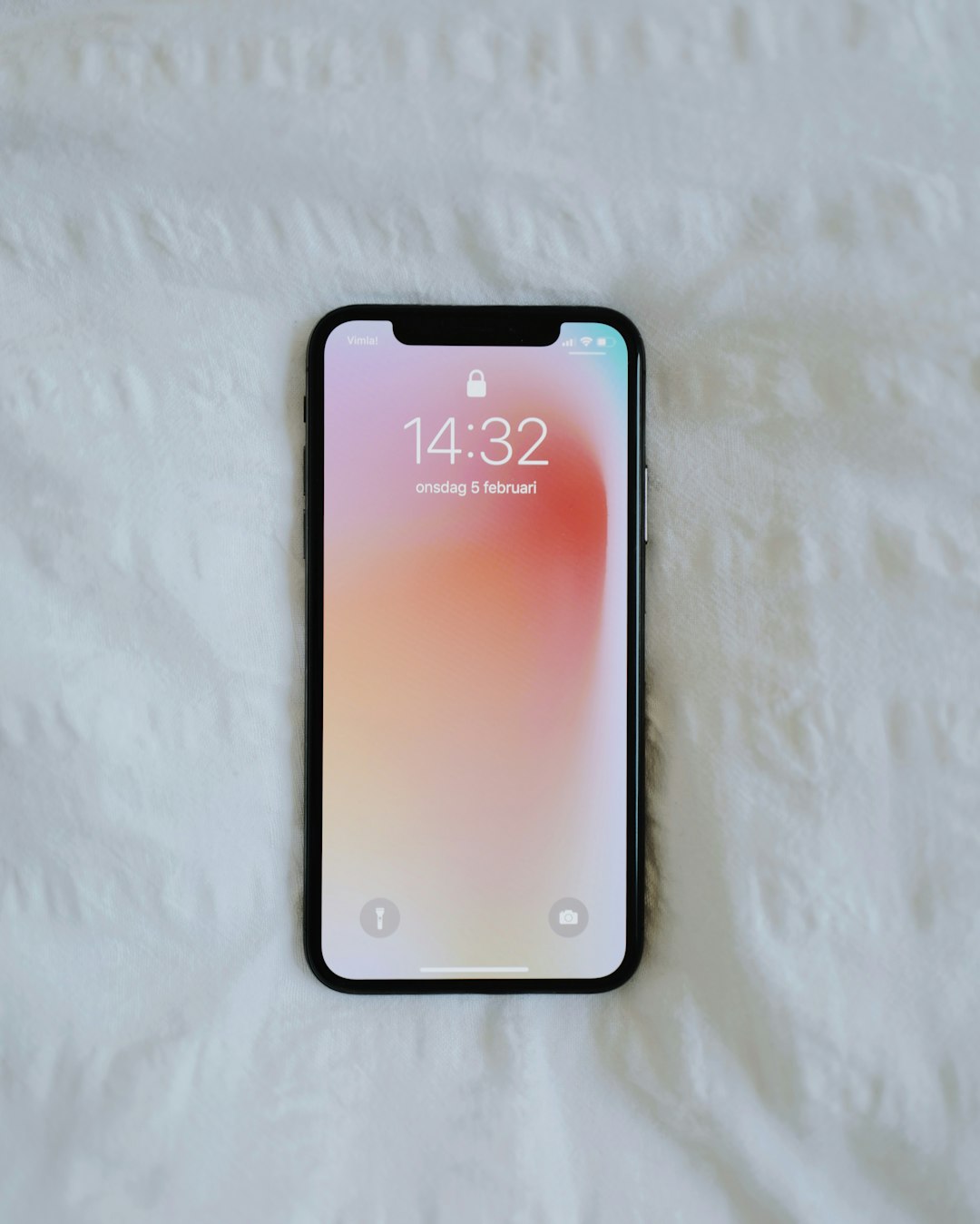
In Massachusetts, the fight against robocalls has legal underpinnings that protect residents from unwanted and intrusive phone calls. The Telephone Consumer Protection Act (TCPA) is a federal law that prohibits automated or prerecorded calls to cellular telephone numbers unless the caller obtains prior express consent from the recipient. This legislation empowers consumers with the right to sue for damages if they receive robocalls without their permission.
Additionally, Massachusetts state laws reinforce these protections. The state’s consumer protection regulations allow individuals to take legal action against entities making unwanted phone calls, potentially seeking compensation for each violation. Consumers who feel they have been wrongfully targeted by robocalls can seek relief through civil lawsuits, asserting their right to privacy and peace under the law.
Implementing Biometrics: Challenges and Benefits for Callers
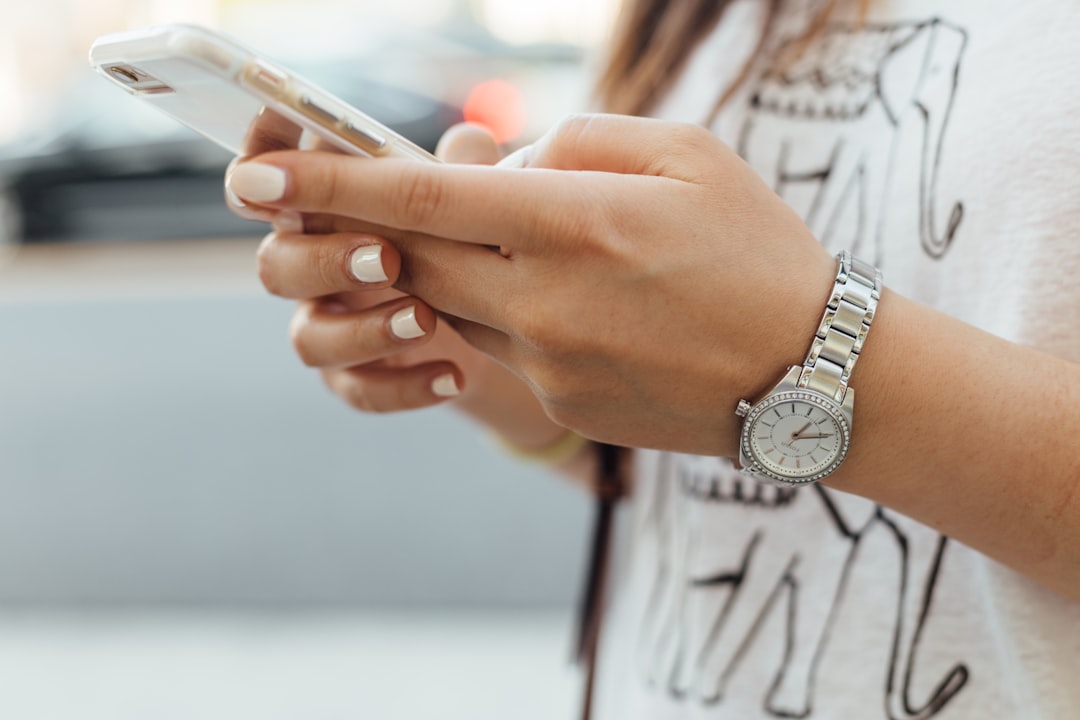
Implementing biometric authentication as a solution to robocalls presents both challenges and significant benefits for callers in Massachusetts. One of the primary hurdles is user adoption and acceptance, as individuals may be hesitant to embrace new technologies that involve personal data. Education and awareness campaigns are essential to address these concerns and ensure citizens understand the advantages of biometric systems in combating unwanted calls.
By utilizing biometric authentication, callers can gain enhanced security and control over their communication channels. This technology enables unique user verification, making it harder for scammers and automated systems to impersonate individuals. As Massachusetts continues to grapple with the issue of robocalls, embracing biometric solutions could offer a more robust and reliable method to protect residents from fraudulent activities, potentially reducing the instances of people asking, “Can I sue for robocalls in Massachusetts?”
The Future of Communication: Reducing Robocalls with Biometric Tech
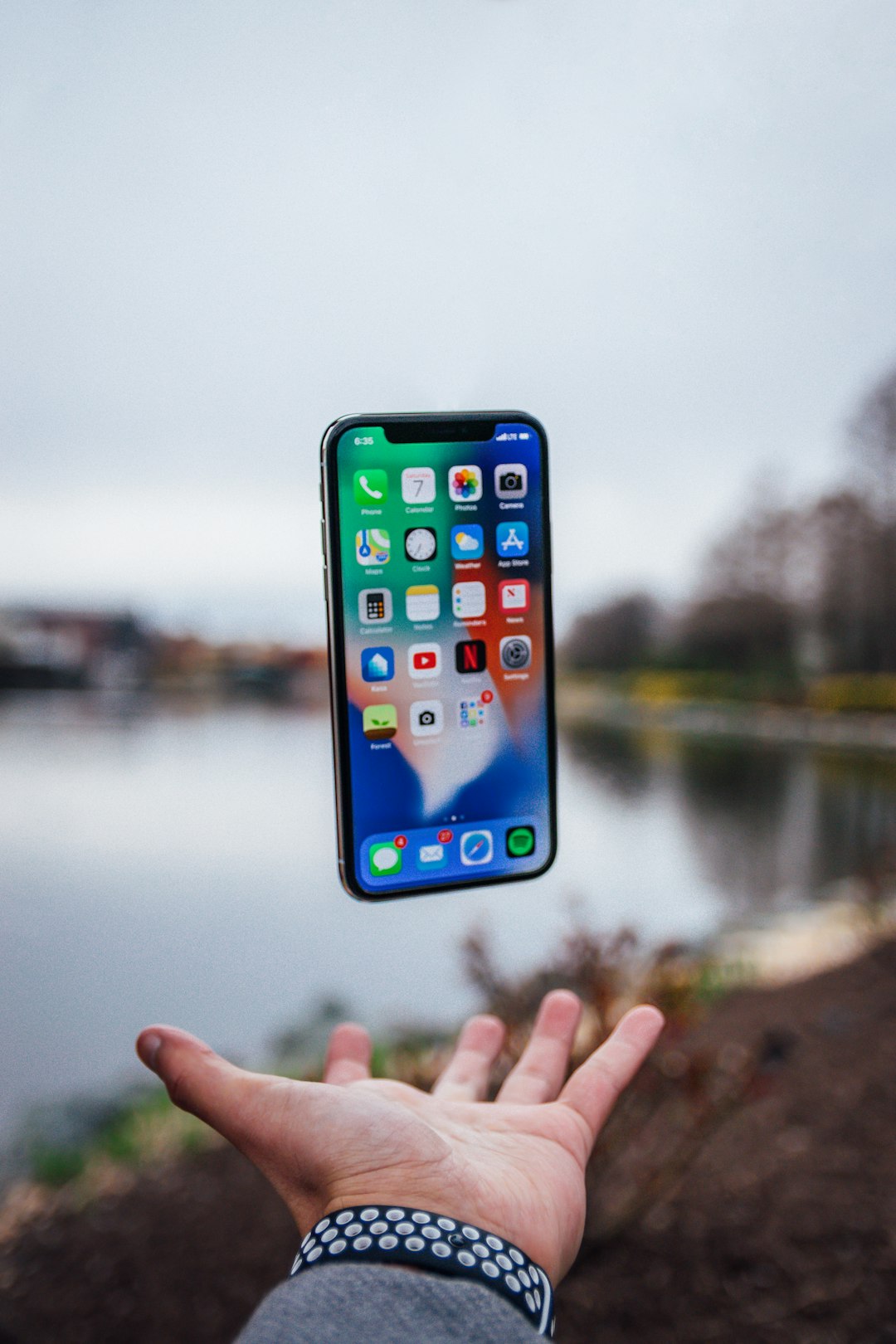
The future of communication is here, and it’s moving beyond traditional methods. As technology advances, we’re witnessing a shift towards more secure and personalized interactions. Biometric authentication is at the forefront of this revolution, offering a promising solution to combat the growing problem of robocalls in Massachusetts and across the nation. By utilizing unique biological identifiers such as fingerprints, facial recognition, or voice patterns, this technology can verify a user’s identity with unparalleled precision, making it nearly impossible for scammers to impersonate individuals.
Imagine a world where your phone calls are no longer interrupted by annoying and often fraudulent automated messages. With biometric authentication, the potential to revolutionize telephone communication is immense. Not only does it provide an extra layer of security, but it also empowers users to take control of their digital privacy. This advanced technology has the capability to filter out robocalls effectively, ensuring that Massachusetts residents can enjoy a quieter and safer communication experience. Moreover, understanding your rights regarding robocalls, including the potential for legal action through Can I Sue For Robocalls Massachusetts, becomes more straightforward with such robust security measures in place.






